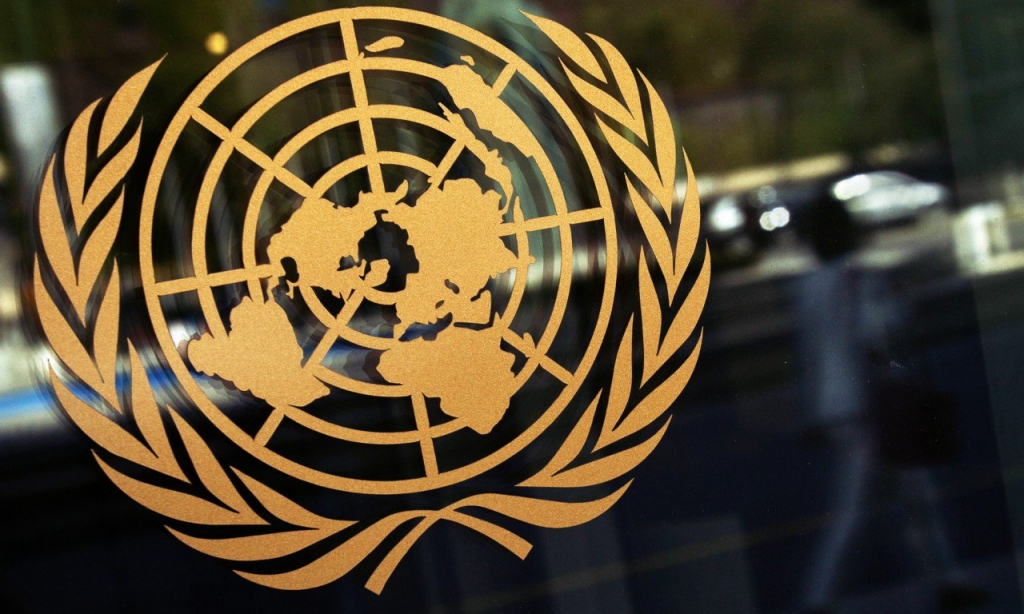Statement by Gennady Kuzmin, Deputy Permanent Representative of Russia to the UN, at an open VTC of UNSC members "Strengthening the cooperation between the Security Council and the International Court of Justice"
Mr. President,
We thank you for organizing this debate and welcome the participation of President of the International Court of Justice A.A. Yusuf.
The International Court of Justice (ICJ) is one of the major instruments of practical implementation of the key principle of modern international relations – commitment to peaceful settlement of disputes. This principle, enshrined in Article 33 of the UN Charter and 1970 Declaration on Principles of International Law that touch upon friendly relations and cooperation between states under UN Charter, is raison d’etre of our Organization.
A key element of this principle is freedom to choose peaceful means, including those listed in the UN Charter. There should be no pre-programmed solutions – all countries should be free to choose those means of settlement that are most appropriate in every given situation. Difficulties of negotiations, complexity of mechanisms, time factor – nothing should serve as a cause to reject this principle. The most important thing here is readiness for dialogue and search for mutually acceptable solutions and compromises.
Peaceful settlement of disputes is a prerequisite for inviolability of another profound maxim of the UN Charter – the principle of non-use of force. The Charter was a hard won achievement of humanity that had survived the horrors of the Second World War. We must remember it in the year of the 75th anniversary of the United Nations.
People realized both the need to solve disputes by peaceful means, and practicability of establishing an international judicial body long before the UN Charter was adopted. The Peace Conferences that were initiated by Emperor Nicolas II of Russia and convened in The Hague in 1899 and 1907 marked an important stage on this way.
The devastating consequences of World War I led to establishment of a standing judicial body – the Permanent Court of International Justice.
However, it was only the International Court of Justice that received a status of the United Nations’ main judicial body. As such, it is independent and is guided by the international law. Even its geographical remoteness from New York’s political battles is full of legal symbolism.
Within their relevant mandates, the ICJ and the Security Council interact with each other and contribute to peaceful settlement of disputes. Over the entire period of ICJ operation, 178 cases have been handed over to it. This figure alone shows how great a role the ICJ plays in settling disputes between states. It is noteworthy that the very first of all those cases was transferred to the ICJ upon recommendation of the Security Council.
Russia firmly stands at the position that observance of norms and principles of international law, including peaceful settlement of disputes, is the main attribute of sustainable peace and security. We treat the ICJ and its mandate with unfading respect. In order to maintain the global legal order it is vital to use the legal procedures faithfully for the purposes of regulating legal disputes. Use of judicial procedures for inciting political discords is unacceptable. Over many decades of its work, the ICJ has managed to maintain the high standards of justice. We confide in the wisdom of its judges.
Thank you.
